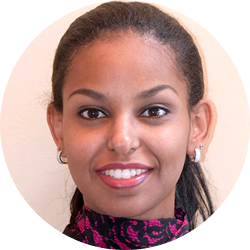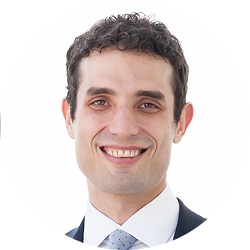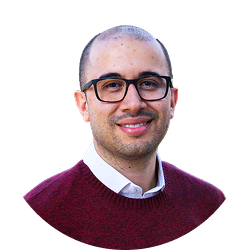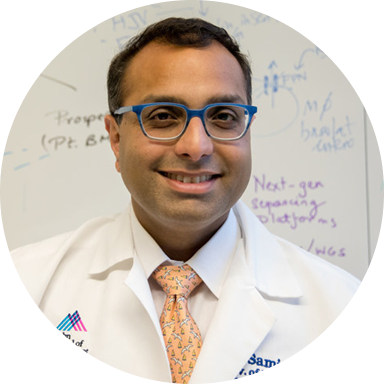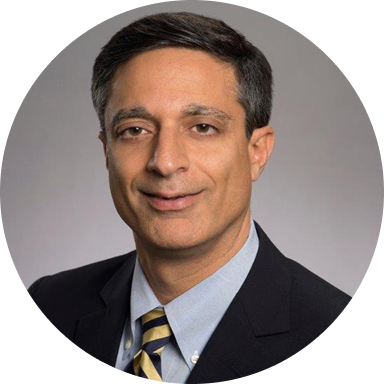Grants & Funding Opportunities
Supporting the Future of Myeloma Research
For more than 25 years, the MMRF has fueled innovation and collaboration to accelerate scientific breakthroughs in multiple myeloma. Through our grants and research awards, we invest in ideas, people, and partnerships that drive progress toward new treatments and cures. To date, the MMRF has supported nearly 400 research projects across more than 200 institutions worldwide—advancing discovery and building the careers of hundreds of researchers and clinicians, many of whom are now leaders across the world's major myeloma centers. We offer a range of funding opportunities, from early-career investigator awards to large-scale collaborative grants, each designed to advance scientific insight and improve outcomes for patients.
MMRF Scholars Program
The MMRF is committed to advancing research and improving outcomes by ensuring that the investigators and care teams serving myeloma patients reflect the diversity of the patients themselves. The MMRF Scholars Program supports the career development of promising clinical and laboratory researchers who have meaningful connections to the communities most impacted by multiple myeloma.
Applicants must hold a PhD, MD, or equivalent degree—or are planning to defend their PhD within 12 months of the application date—and they may not hold a title higher than assistant professor or equivalent at a U.S. institution at the time of the award. Applicants must propose a clinical, translational, or basic science project relevant to multiple myeloma. The Scholars Program will provide up to $400,0000 of financial support over four years to successful applicants. The MMRF Scholars Program is supported by Pfizer and GSK.
The application period for the Scholars Program is currently closed. For more information, please contact us.
MMRF Research Fellowship Program
The MMRF Research Fellowship Program supports early-career investigators pursuing innovative basic and clinical research in multiple myeloma and its precursor conditions. By empowering emerging scientists at a pivotal stage in their careers, the program aims to advance understanding of myeloma biology, disease risk, treatment response, and relapse.
The program is designed for postdoctoral researchers, clinical fellows, and junior faculty working under the supervision of a qualified research mentor in the myeloma field. Fellows receive up to $150,000 in research support over two years to accelerate promising ideas, generate foundational data, and position investigators for long-term success in myeloma research.
Areas of interest include (but are not limited to) the following:
- Host immunity in multiple myeloma
- Disease monitoring
- Diagnosis and treatment disparities
- Innovative data solutions
The application period for the Scholars Program is currently closed. For more information, please contact us.
Myeloma Accelerator Challenge
In 2023, the MMRF awarded up to $7 million grants to three multicenter translational projects for a period of three years. The projects focus on two critical areas of unmet need in myeloma research: optimizing first-line therapy for high-risk newly diagnosed multiple myeloma and improving identification of high-risk smoldering multiple myeloma.
Pooling resources and samples across a network of institutions dramatically improves the projects’ ability to drive meaningful results. Each project aims to advance compelling hypotheses that are ready for rapid testing in clinical trials, a critical step in the MMRF’s urgent pursuit of a cure for each and every myeloma patient.
The application period for the Scholars Program is currently closed. For more information, please contact us.



